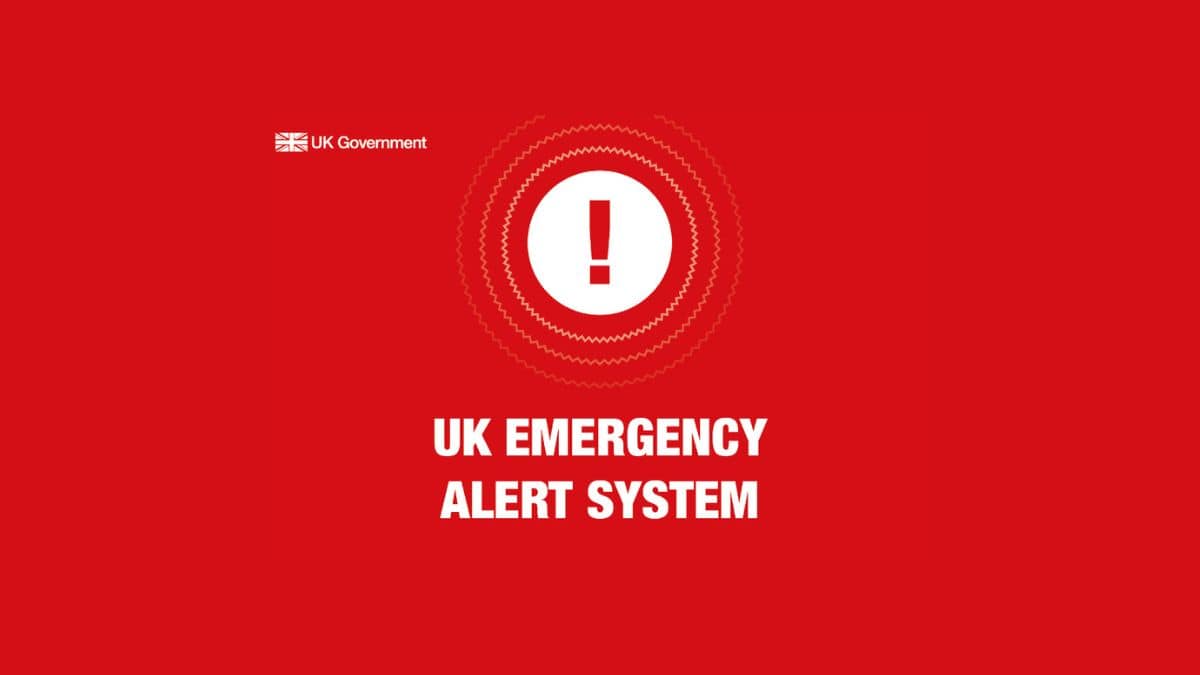
Over £24.1 billion in benefits went unclaimed in 2025. Find out what support is being missed, who’s losing out, and how to check if you’re entitled to money that could help with your bills

£10 sign up bonus: Earn easy cash by watching videos, playing games, and entering surveys.
Get a £10 sign up bonus when you join today.
Over £24 billion in financial support is sitting there, waiting to be claimed, and millions of us aren’t putting our hands up for it.
That’s not loose change down the back of the sofa; it’s money that could be paying bills, buying food, or easing the pressure at home.
The latest Missing Out 2025 report has crunched the numbers, and the findings are eye-watering. Let’s cut through the policy speak and talk straight: if you’re not claiming what you’re entitled to, you’re basically giving the government a free pass to keep your money.
What’s going unclaimed?
The report shows £24.1 billion of financial support was left unclaimed this year, which is a record high. That’s up from £19 billion in 2023 and £23 billion in 2024.
It’s not just one group missing out either:
- Over 7 million households are affected.
- That includes 1.7 million working age families.
- And 750,000 pensioners.
The shift to Universal Credit is a big driver here. Lots of families aren’t sure what they’re entitled to when their benefits change over, and it means money isn’t reaching them. On the flip side, targeted pushes to get more pensioners on Pension Credit are working, but too many are still slipping through the cracks.
Here’s the breakdown of what support is being left unclaimed this year.
- Universal Credit (UC): £7.5 billion
- Housing Benefit (working-age claimants): £4.3 billion
- Pension Credit: £2.7 billion
- Council Tax Support: £2.1 billion
- Jobseeker’s Allowance & Employment Support Allowance (income-based): £1.6 billion
- Child Benefit (non-claimants): £1.4 billion
- Carer’s Allowance: £1.0 billion
- Other smaller benefits (Discretionary schemes, Attendance Allowance, etc.): £3.5 billion combined
This shows just how spread out the problem is. It’s not only the big headline ones like UC or Pension Credit, even things as common as Child Benefit and Council Tax Support are being missed.
How to check if you’re missing out
If there’s £24 billion lying around, how do you make sure you get your slice?
- Run a benefits check – Use an online calculator (like the one on Turn2us or entitledto) to see what you’re entitled to. It takes ten minutes and could be worth thousands.
- Don’t ignore letters about Universal Credit – If you’re moving over from older benefits, don’t bin the brown envelopes. Missing a step could mean missing money.
- Check Pension Credit if you’re over State Pension age – Even if you’ve got savings or a small pension, you could still qualify — and it can unlock other perks like free TV licences and council tax help.
- Ask your council about local schemes – Beyond national benefits, there are hardship funds, discretionary housing payments, and cost-of-living grants. Councils don’t always shout about them.
- Get advice if you’re unsure – Citizens Advice, StepChange, or your local welfare rights team can all help you make sense of the jargon.

Top tip:
Don’t let pride, paperwork or procrastination stop you from getting what’s yours. If there’s help out there, grab it.
Why aren’t people claiming?
You’d think with the cost of living what it is, people would grab every bit of help going. So why aren’t they?
- Confusing rules – benefit letters might as well be written in Klingon sometimes.
- Stigma – some people still feel embarrassed about claiming.
- Lack of awareness – plenty don’t even know they’re eligible.
That’s not a “them” problem either. Any one of us could be missing out. If you’ve had a change in work, rent, kids, or health, your situation might have shifted, and so has what you could claim.
Don’t leave cash on the table
Think of it this way: if you walk into a pub and someone said, “There’s £24 billion behind the bar, first come, first served,” you wouldn’t sit there nursing your half pint. You’d be up quicker than you can say “two for one”.
That money exists. It’s real. And it’s meant to support people like you and me. The government sets aside the funds, but if we don’t claim them, they don’t get spent.
So do yourself a favour: run a check, ask the awkward questions, and see what’s waiting for you. Because in times like these, walking away from free help isn’t frugal, it’s just daft.




